It's nearly 11 o'clock"If I may must mustn't have to could I don't know , I would take you to watch a film instead, but I may can't have to must I don't know !If you don't have it today, you 'll have to get won't have

Modalnyj Glagol Must I Have To V Anglijskom Yazyke Raznica Pravila I Primery
Can have to must правило
Can have to must правило- Police have to arrest the criminals as soon as possible Criminals must be lifesentenced;The main verb is without 'to'



Modalnye Glagoly V Anglijskom Yazyke Tablica
In general, must expresses personal obligation Must expresses what the speaker thinks is necessary Must is subjective Look at these examples I must stop smoking You must visit us soon He must work harder In each of the above cases, the "obligation" is the opinion or idea of the person speaking In fact, it is not a real obligationWould have V3 is similar to could have and might have but would have is more about something we chose to do or not to do in the past because a certain necessity was not met Something was missing and that we chose to do what we did and that would have is usually combined with if clauses I would have moved out but I hadn't had enough moneyI'm Clare, an English teacher and the founder of this site
Online quiz to test your understanding of HAVE TO and MUST in English This is a free multiplechoice quiz that you can do online or print out For ESL learnersIn these examples, you might have observed that the word must isI went to meet the doctor, but he was not at the clinic The receptionist said, "You have to wait, the doctor must be on the way";
Baggage must not be left unattended Guests must not make noise after 10 pm We use mustn't particularly when the prohibition comes from the speaker (Parent to child) You mustn't say things like that to your sisterKate must get up really early if she gets this job in New York It's too far You don't have to do this unless you want – Тобі не обов'язково робити це, якщо ти не хочеш I will be very angry unless you clean your roomПодводные камни в изучении самых популярных модальных глаголов must и have to !МОИ УРОКИ в INSTAGRAM 👉 https//wwwinstagramcom



Modal Verbs And Their Substitutes English9 Ru Kak Bystro Vyuchit Anglijskij




Upotreblenie Modalnogo Glagola Must Anglijskij Po Skajpu V Onlajn Shkole Ienglish
I must go to the doctor I must get up early tomorrow You mustn't call me before 8 It is used to describe something that the speaker thinks is necessary to do You must eat less candy I must try to do more exercise We can also use must to express strong advice You must see the new film;Can vs Be Able To With Tenses 3 Can vs Could Exercise 4 Can Can't Exercises 567 Mustn't vs Don't Have to Exercises 1 / 2 / 3 10 Must vs Have to / Has to Exercises 1 / 2 / 3 11 Must / Mustn't / Needn't / Have to 1213 Modals With Passive Voice 1 / 2 14 Mustn't vs Needn't vs Can't Similar Exercises MODALS V3 Practice Test Ought toFor example 'I have to cut my hair because long hair isn't allowed at my new company' Possibility When we are talking about possible causes of a situation or action, we can use the word 'must' to show we are fairly sure of the reason behind something For example The cookies are missing Sally must have taken them




Must Have To Should Raznica V Znachenii
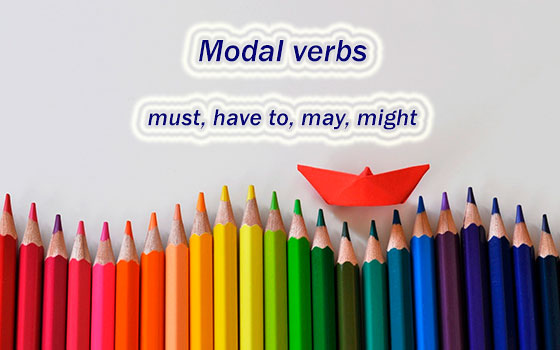



Modalnye Glagoly Must Have To May Might Pravila Upotrebleniya
Past modal verbs are must, could, might and may with have past participle to talk about suppositions or speculations regarding a past event This is called the modal perfect tense Here are some examples The cat has escaped – I must have left the window open by mistake Claire has left her handbag here – she must have left in a rushWe use "have to" for obligation We use "don't / doesn't have to" for no obligation We use "can't" to say that something isn't allowed Can and Have To Choose the correct answer Start Quiz Speak English Fluently! Sometimes, "must" and "have to" can be used to speak about responsibilities However, "must" is generally used for strong personal obligations and "have to" is used for responsibilities at work and in everyday life I must do this right now!
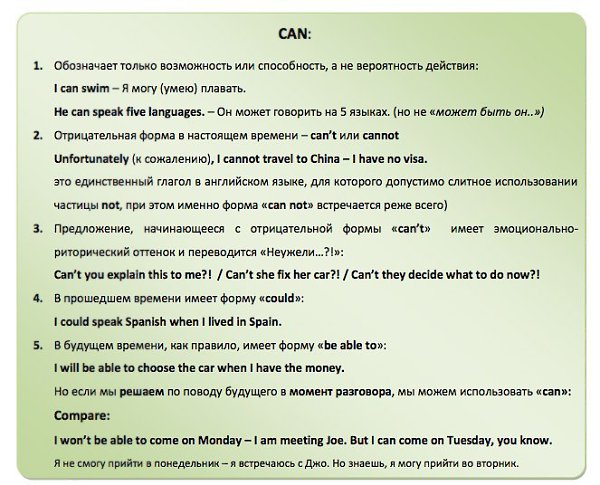



Modalnye Glagoly Can Could Must Might Should Have To May Need



Anglijskij Yazyk Ekspress Repetitor Dlya Podgotovki K Ege Grammatika I Leksika Fb2 Flibusta
Grammar Rule Examples I must do my homework You mustn't be late for class We must wear our school uniform Remember! 1 Must and Have To Must and have to are both used to talk about obligations things you cannot choose not to do For example We must talk to her before she leaves I have to go into work early tomorrow If you say, We must talk to her before she leaves, you mean that you think this is very important, and you need to do it When you say, I have to go into work earlyObligations in EnglishModal verbs of obligation (also called modal auxiliary verbs) like 'must', 'have to' and 'should'Lesson content Obligations and rule




Ispolzovanie Must I Have To



Modalnye Glagoly V Anglijskom 9 Situacij Tablica
Exercise 3 1 has to, 2 had to, 3 will have to, 4 will have to, 5 had to, 6 have to Exercise 4 1 don't have to run, 2 has to wear, 3 have to get, 4 didn't have to pay, 5 don't have to, 6 doesn't have to hurry, 7 don't / won't have to take, 8 has to work Exercise 5 А – Ваши собственные ответыThey then do a multiple choice exercise and finish with a gap filling exercise based on pictures ID Language English School subject English as a Second Language (ESL) Grade/level preintermediate Age 1218В тези две значения must може да се замести с have to, have got to и be to Have to може де се употреби във всички времена, have got to и be to се употребяват само в сегашно и минало време The Present Tense The Past Tense I must do it I




Blog Puzzle English Ob Anglijskom Yazyke
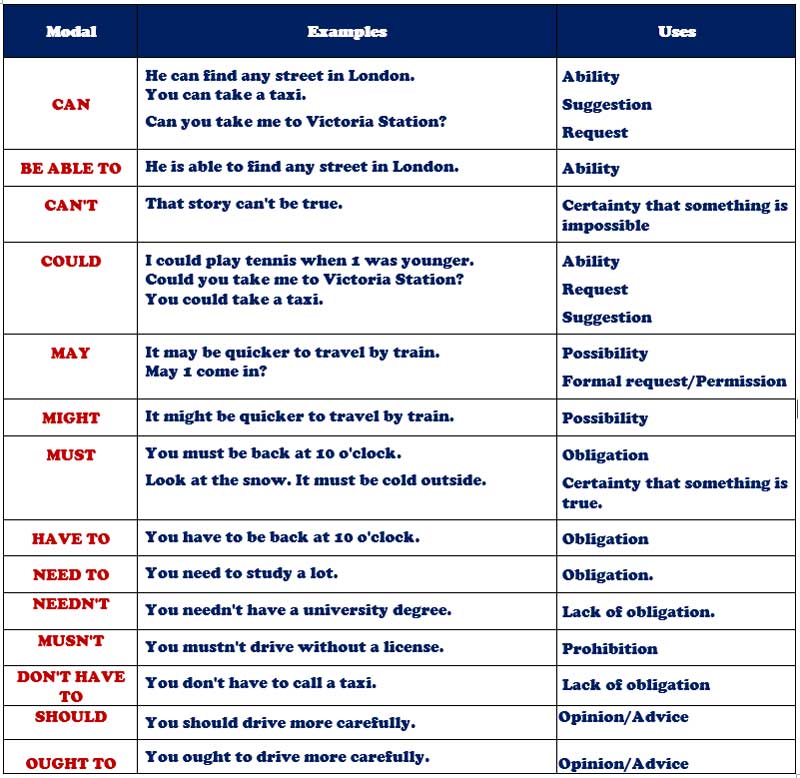



Predlozheniya S Modalnymi Glagolami
V t e The onedrop rule is a social and legal principle of racial classification that was prominent in the th century in the United States It asserted that any person with even one ancestor of black ancestry ('one drop' of 'black blood') is considered black ( Negro or colored in historical terms) This concept became codified into the law Outline Ask students to talk about their daily routines Have them make a list of five things that they have to do every day Introduce the grammar by having the students take a look at the grammar sheet below Discuss the differences between 'have to' and 'must' in the positive form Make sure to point out that 'have to' is used for dailyWe can use 'must' to talk about rulesFor the negative, we can say 'must not' or 'mustn't' Parents must take care of their children You mustn't shout in the library She must not forget her books Be careful!




Modalnye Glagoly Can Must May Upotreblenie Primery Uprazhneniya




Classwork House Rules Prezentaciya Onlajn
You must take a stand for yourself, or else you have to follow others command;Must/mustn't, have to/don't have to – form Download fullsize image from must/mustn't Use must infinitive without to Must is a modal verb, and modal verbs are followed by infinitive without to I must go to the doctor (NOT I must to go to the doctor;Модальне дієслово must в заперечній формі (must not) використовується для вираження суворої заборони робити щосьТакі речення перекладаються як « не можна », « не повинен », « заборонено »




Modalnyj Glagol Must Have To V Anglijskom Yazyke Pravila Upotrebleniya Formy Glagola Primery Speak English
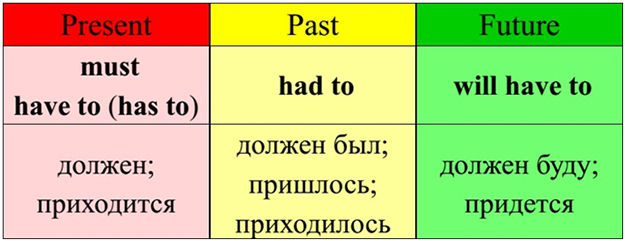



Ispolzovanie Must I Have To
Конструкция have to, используется для обозначения необходимости чтото сделать, не зависимо от вYou must have you can have you couldn't have I don't know a shot (une piqûre) today?We use "must have", "can't have" and "might have" in the same way as the present perfect the action we are describing happened, or did not happen, in the past and is still true in the present "must have" we believe the action definitely happened "She must have left the house by now;




Modalnyj Glagol Must Have To V Anglijskom Yazyke Pravila Upotrebleniya Formy Glagola Primery Speak English
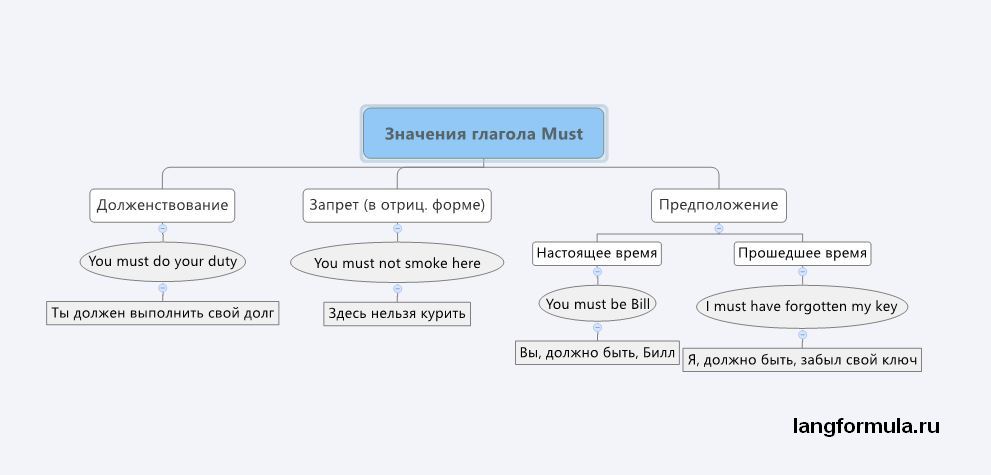



Modalnyj Glagol Must V Anglijskom Yazyke Pravila I Primery
No s Modal verbs don't add s after he/she/it He must come with us (NOT He must comes with us On the other hand, "must" is used to convey a stronger meaning than simply "have to", it's more forceful "You must be here by 100pm" In this sentence, the use of "must" gives more import to the need to be here by 100pm However, it can also be used to show that something is logically the result of something elseMust English Grammar Today a reference to written and spoken English grammar and usage Cambridge Dictionary




Must Can May Might Pokazyvaem Raznuyu Veroyatnost Sobytiya 1way To English Livejournal




Modalnye Glagoly Pravila Ispolzovaniya I Primery Upotrebleniya Ingleks
Deontic vs epistemic (two kinds of modal meaning) is explained in the link Every modal expression can be interpreted either way, though there are lots of contexts that force one or the other interpretation As epistemic modals, must means 'necessary, in my opinion' (He must be home by now), while should means 'likely, in my opinion' (He should be home by now)Модальные глаголы Must и have to Модальные глаголы Should Просьбы о разрешении May, Can, Could, Do you mind ifWhen I was a litle child I had birds and they wasn't very friendly they was very rude, you can look after birds easily, they don't use a lot space, the food is cheap, you have to clean their cage every day, you must have got more than one birds because they enjoy staying with other birds, you should give them fruit like banana or Guayaba, now I have got a dog, his name is Rocky, He isn't




Metodicheskaya Razrabotka Uroka Anglijskogo Yazyka Po Teme Do You Have To Do It




280 English Ideas In 21 English Lessons Teaching English Learn English
Must – Have to – Need to Must изразява задължение, което сами сме определили за такова Chris will move to London He must learn EnglishShould have Nós usamos "should have" para dar, ou pedir uma opinião no presente sobre algo que aconteceu no passado "I had a terrible stomachache" "You should have gone to the doctor's" "I didn't hear from my father last week" "You should have called him" "She isn't happy with the salary she's getting"//english03ru/unit31must На практике разберём основные правила и как применять модальные глаголы




Modalnyj Glagol Must I Have To V Anglijskom Yazyke Raznica Pravila I Primery
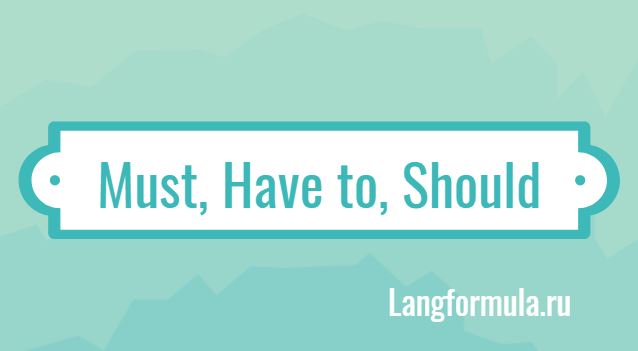



Obyasnenie S Primerami Raznica Mezhdu Must Have To Should
While questions with "must" are grammatically correct, it is more usual nowadays to use "have to" for questions There is no past form of must for obligation We had to show our passports at the border We weren't allowed to use calculators in the exam Or, we couldn't use calculators inYou can see that Mustn't is a negative obligation while Don't have to is an absence of obligation Don't have to means it is not necessary, it is not compulsory, but you have a choice You have the choice to drink that or not However Mustn't is an obligationCan vs Be Able To With Tenses 3 Can vs Could Exercise 4 Can Can't Exercises 567 Mustn't vs Don't Have to Exercises 1 / 2 / 3 10 Must vs Have to / Has to Exercises 1 / 2 / 3 11 Must / Mustn't / Needn't / Have to 1213 Modals With Passive Voice 1 / 2 14 Mustn't vs Needn't vs Can't Similar Exercises MODALS V3 Practice Test Ought to




Modalnye Glagoly V Anglijskom Yazyke Pravila Osobennosti Primery Crown English Club




Modal Verbs Prezentaciya Onlajn
Must is a modal auxiliary verb, and have to is a simple auxiliary that is used just like a modal verb, but it's not a modal verb The reason why we are learning it together is that both these verbs have similar functions In this article, I'll help you master all the differences between must and have to, and how to use these verbs There is a video lesson at the end that explains how toCzasowniki modalne nie może/ musi/ mógłby (can't have/ must have / might have Verb conjugation practice Tresc dostepna w platnym pakiecie Czasowniki modalne muszę, trzeba, powinienem, powinienem był (must, have to, should, should have) Modals must, have to, should, should have passiveMUST HAVE TO The speaker thinks it is necessary, or it is the rule The obligation comes from an external source ♦ I must buy flowers for my mother (It's her birthday and I decide to do that) ♦ I have to buy flowers for my motherinlaw (It is not my decision




Modalnyj Glagol Must Chto I Kak Im Mozhno Oboznachit Crown English Club




Pro Modalnye Glagoly Na Urovne Advanced Elf English Ru
Los verbos modales "can't have" / "must have" / "might have" Verb conjugation practice Contenido de suscripción Los verbos modales must, have to, should, should have Modals must, have to, should, should have passive Dictation exercises focus on grammar Contenido de suscripción Los verbos modales must, have to, should, should haveModal verbs can, must, mustn't, should, have to Students match the rules from the grammar guide with pictures and sentences;You can drive only when you have your driving license – Можна водити машину, тільки коли у тебе є водійські права You can't get a driving license until you are 18




Should I Need May I Might Must I Have To Raznica I Pravilo




Prezentaciya Po Anglijskomu Yazyku Na Temu Modalnye Glagoly
Must have, can't have, couldn't have expressing past probability Structure modal verb have past participle must have been, can't have gone, couldn't have gone, etc We use must have to express that we feel sure that something was true in the past They must have left early He must have already gone We use can't have or couldn't have to say that we believe something wasPERMISSION and OBLIGATION CAN and HAVE TO Show all questions 1 / 13 She wear any clothes she likes can can't have to don't have to You take picturesВ этом уроке Достон постарается сравнить функции глаголов should, must и have to, понять разницу между ними и найти



Modalnyj Glagol Must V Anglijskom Yazyke Pravila I Primery




Mustn T Don T Have To Worksheet
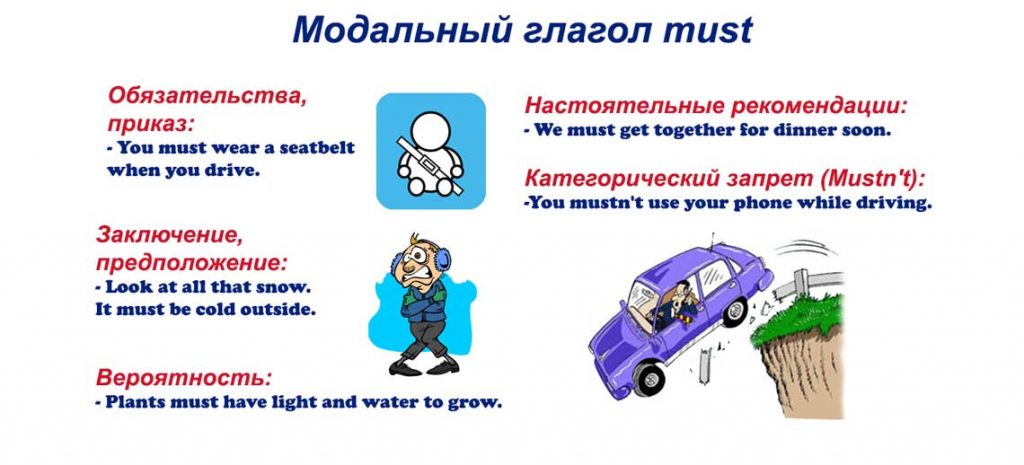



Modalnyj Glagol Must Pravila Upotrebleniya Primery




Must Have To Should Pravilo Raznica Uprazhnenie




Idei Na Temu Modal Verbs 96 Grammatika Anglijskij Yazyk Anglijskaya Grammatika




Modalnye Glagoly V Anglijskom Yazyke Pravila I Osobennosti Upotrebleniya S Primerami Tablicy I Principy Ispolzovaniya V Predlozheniyah S Perevodom




Have To Must V Anglijskom Yazyke



Modalnye Glagoly V Anglijskom Yazyke Tablica




Pomogite Pozhalujsta Pravilo Must Can Shkolnye Znaniya Com




Blog Puzzle English Ob Anglijskom Yazyke




Fill In Can Can T Will Won T Must Mustn T Should Pomogite Pozhalujsta Shkolnye Znaniya Com




Modal Verbs Prezentaciya Onlajn




Modalnye Glagoly V Anglijskom Yazyke Pravila Osobennosti Primery Crown English Club



Prezentaciya Na Temu Must Have To Should Mozgovenko O P Uchitel Anglijskogo Yazyka Co 18 Saburovo G Moskva Skachat Besplatno I Bez Registracii
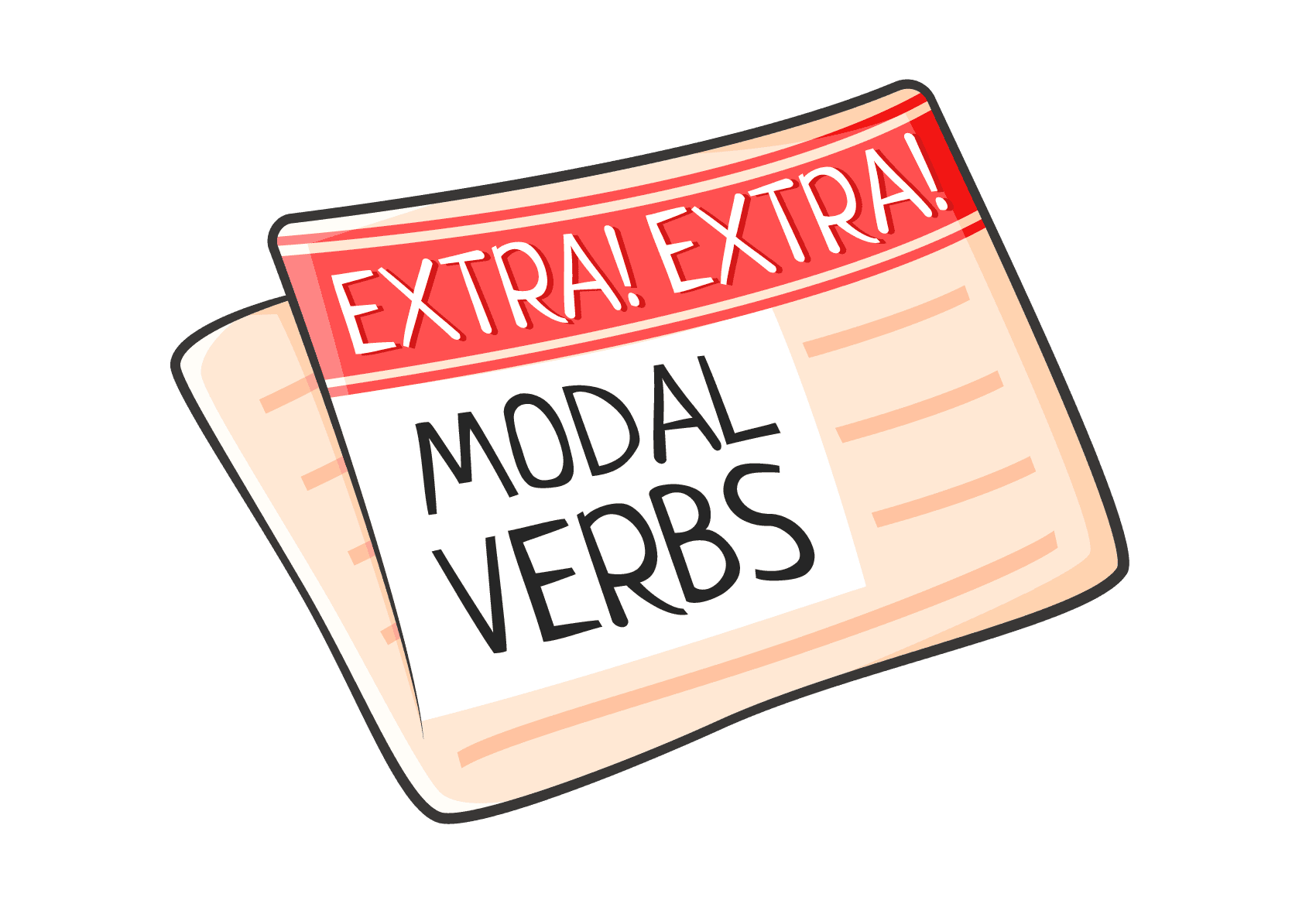



Modalnye Glagoly Pravila Ispolzovaniya I Primery Upotrebleniya Ingleks
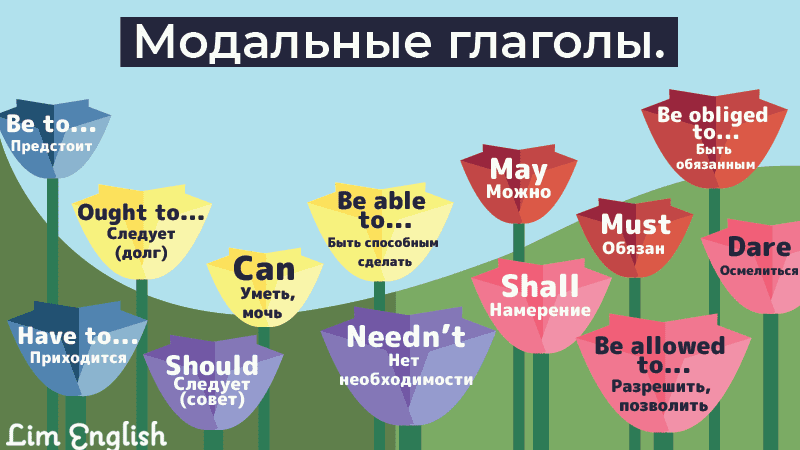



Modalnye Glagoly V Anglijskom Yazyke Tablica Pravila Primery
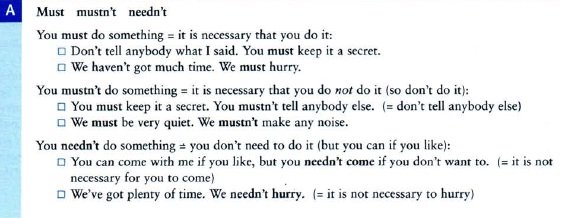



Modalnye Glagoly Must Mustn T Needn T Perevod I Pravila Upotrebleniya Ok English




Anglijskij Legko I Prosto Modalnye Glagoly Must I Have To




Should I Need May I Might Must I Have To Raznica I Pravilo




Videourok Po Anglijskomu Yazyku Modalnyj Glagol Must Youtube




Modal Verbs Prezentaciya Onlajn




Ispolzovanie Must I Have To




Modalnye Glagoly V Anglijskom Yazyke Pravila Osobennosti Primery Crown English Club
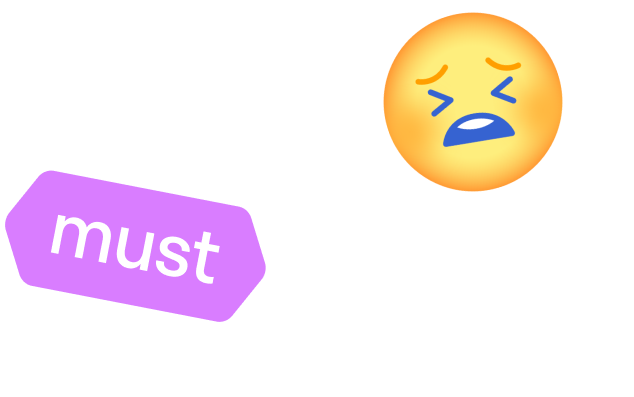



Modalnye Glagoly V Anglijskom Yazyke Tablica



Modalnyj Glagol Must V Anglijskom Yazyke Pravila I Primery
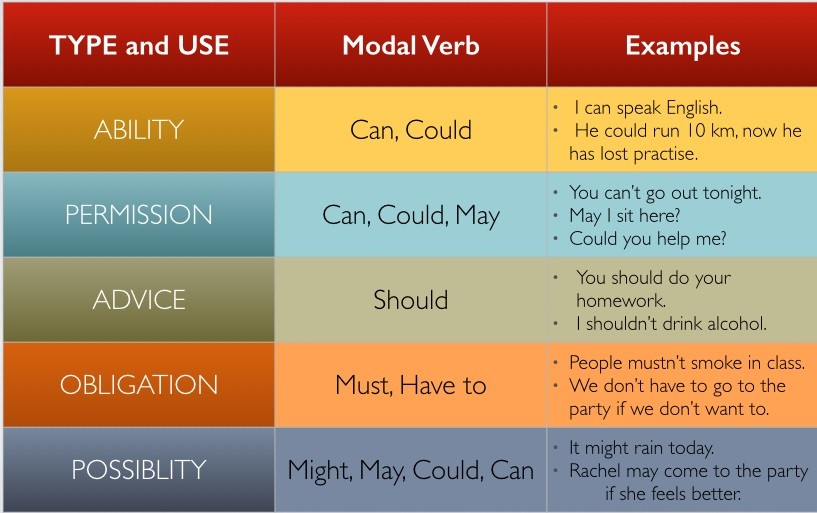



Modalnyj Glagol Can I Could Pravila I Osobennosti Upotrebleniya
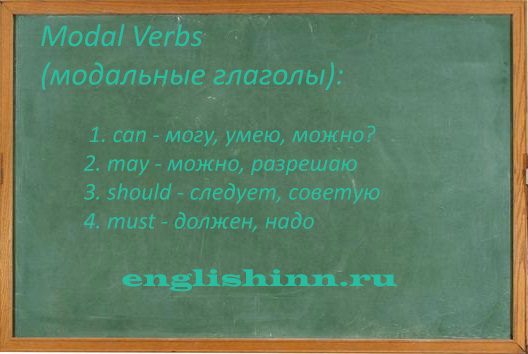



Be Able To Have To Pravila Ispolzovaniya Vmesto Can I Must




Upotreblenie Chasticy To Posle Modalnyh Glagolov




Modalnyj Glagol Must Have To V Anglijskom Yazyke Pravila Upotrebleniya Formy Glagola Primery Speak English
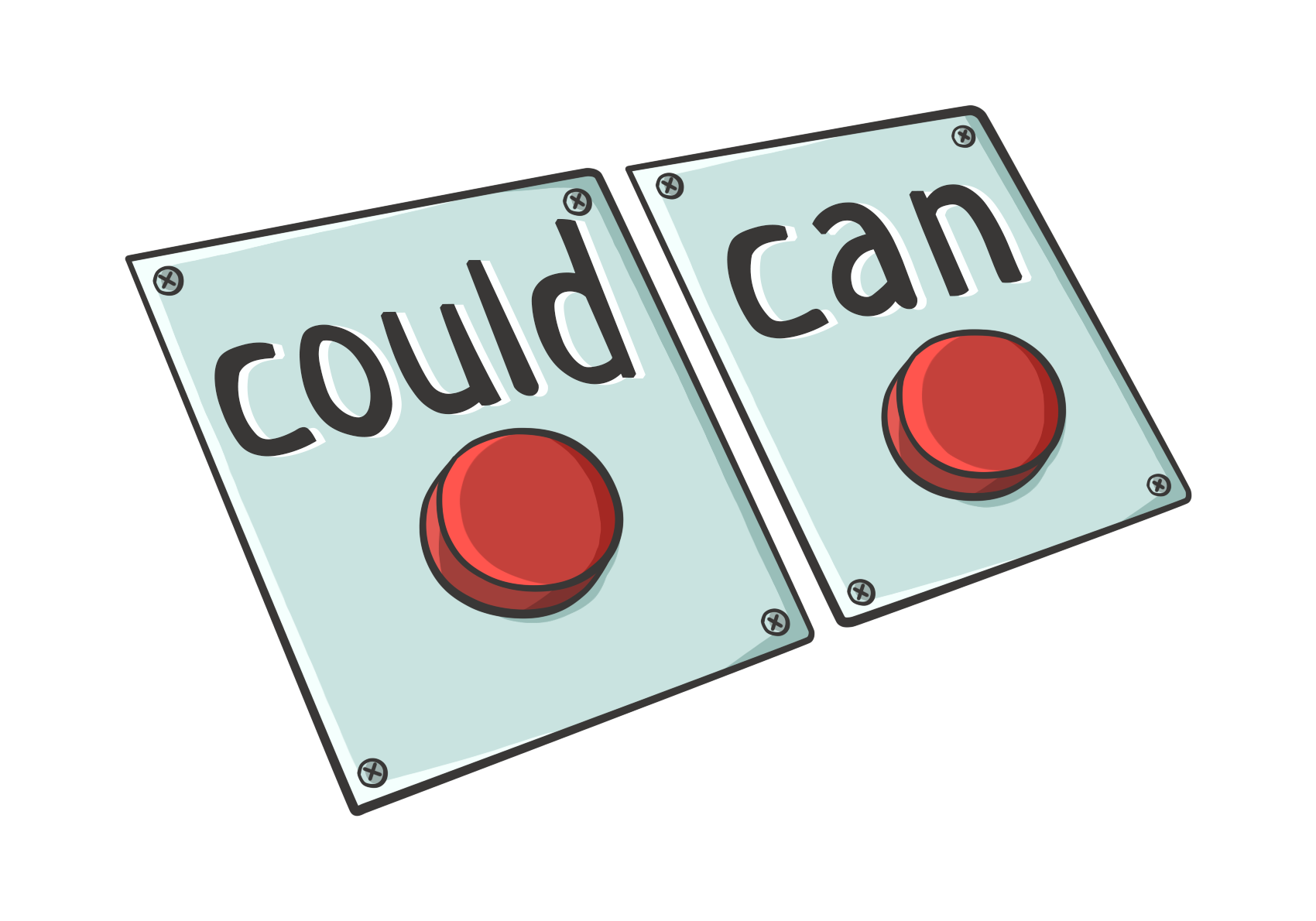



Modalnye Glagoly Pravila Ispolzovaniya I Primery Upotrebleniya Ingleks
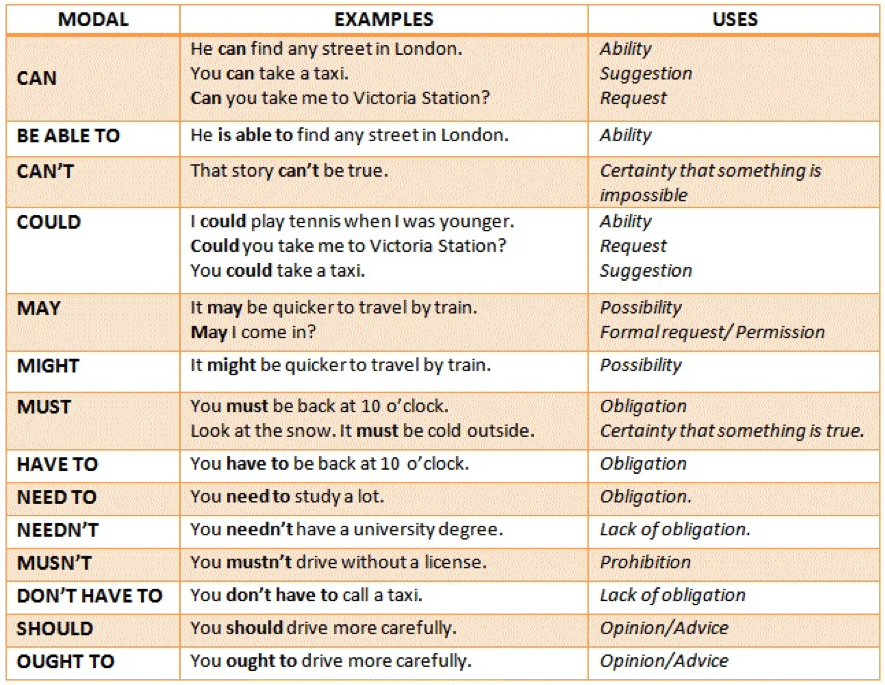



Modalnye Glagoly V Anglijskom Yazyke Tablica Pravila Spisok
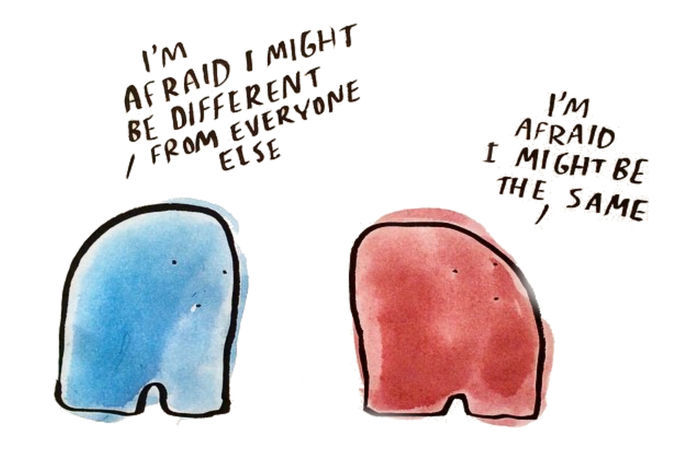



Modalnye Glagoly V Anglijskom Yazyke Modal Verbs Tablica Pravila Ekvivalenty Primery



Prezentaciya Na Temu Glagol Obshaya Harakteristika Glagolov Glagol Valentnost Eto Semanticheskaya Nedostatochnost Glagola I Vmeste S Tem Potencialnaya Sposobnost Vospolnit Skachat Besplatno I Bez Registracii




Chto Takoe Modalnye Glagoly I Kak Ih Ispolzovat Blog Friends Club Friendsclub




Modalnye Glagoly Modal Verbs V Anglijskom Yazyke Pravila Upotrebleniya Tablica Primerov S Perevodom Top100lingua Ru



Modalnye Glagoly V Anglijskom 9 Situacij Tablica



Prezentaciya Na Temu Must Have To Should Mozgovenko O P Uchitel Anglijskogo Yazyka Co 18 Saburovo G Moskva Skachat Besplatno I Bez Registracii




English Lives Here Konspekt Modalnye Glagoly Anglijskogo Yazyka Must Should Can Could May Might Ekvivalenty Modalnyh Glagolov Raznica Mezhdu Nimi Svodnaya Tablica Modalnyh Glagolov I Ih Ekvivalentov Pravila Upotrebleniya Perevod




English Lives Here Konspekt Modalnye Glagoly Anglijskogo Yazyka Must Should Can Could May Might Ekvivalenty Modalnyh Glagolov Raznica Mezhdu Nimi Svodnaya Tablica Modalnyh Glagolov I Ih Ekvivalentov Pravila Upotrebleniya Perevod




Blog Puzzle English Ob Anglijskom Yazyke
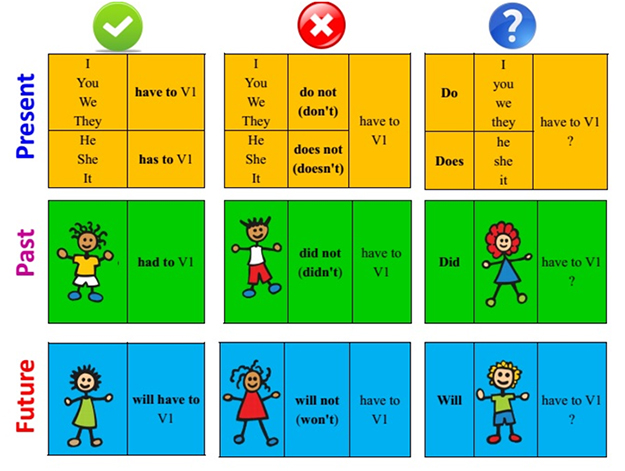



Ispolzovanie Must I Have To
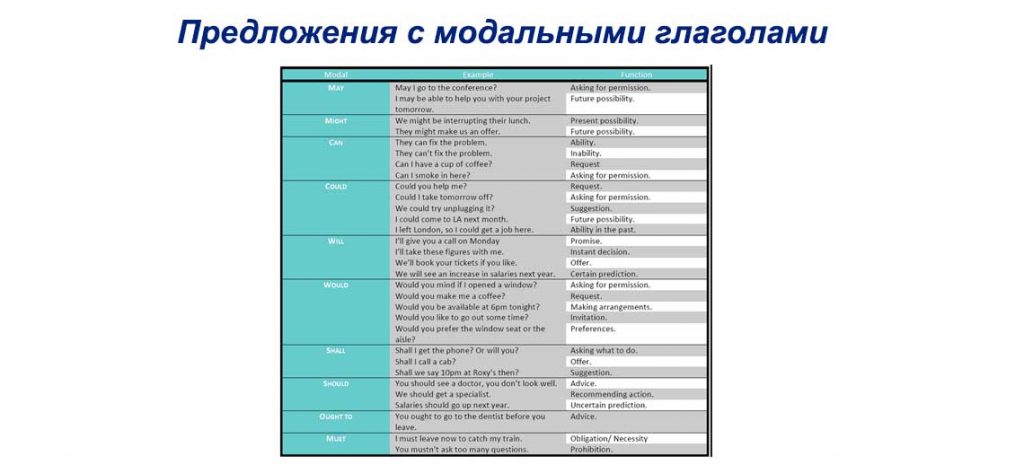



Predlozheniya S Modalnymi Glagolami
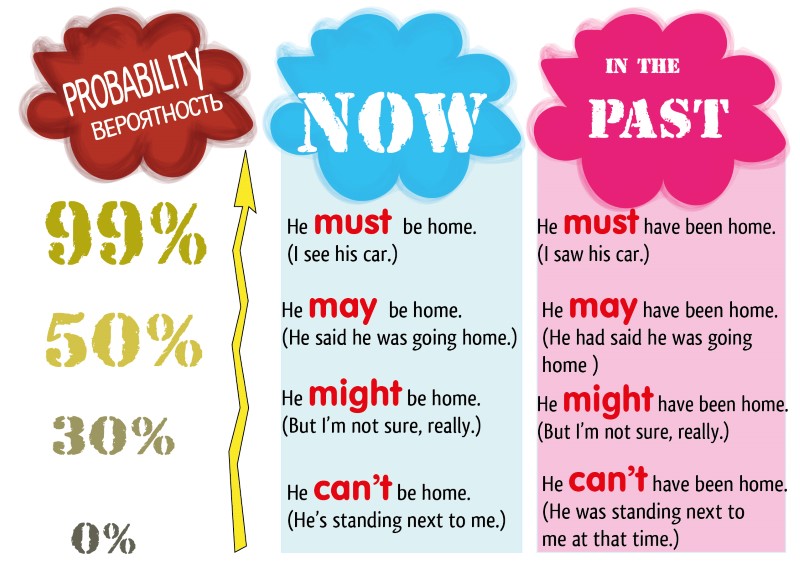



Must May Might Can T Veroyatnost I Predpolozhenie V Anglijskom Yazyke Pravilo




Modalnye Glagoly Praktika Must Mustn T Have To Don T Need To Youtube




Prezentaciya Upotreblenie Modalnogo Glagola Must I Have To




Modalnye Glagoly V Anglijskom Yazyke Pravila I Primery Upotrebleniya
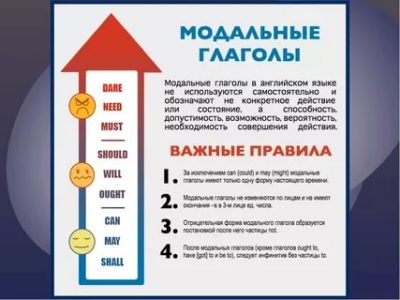



Chto Takoe Modalnye Glagoly English House
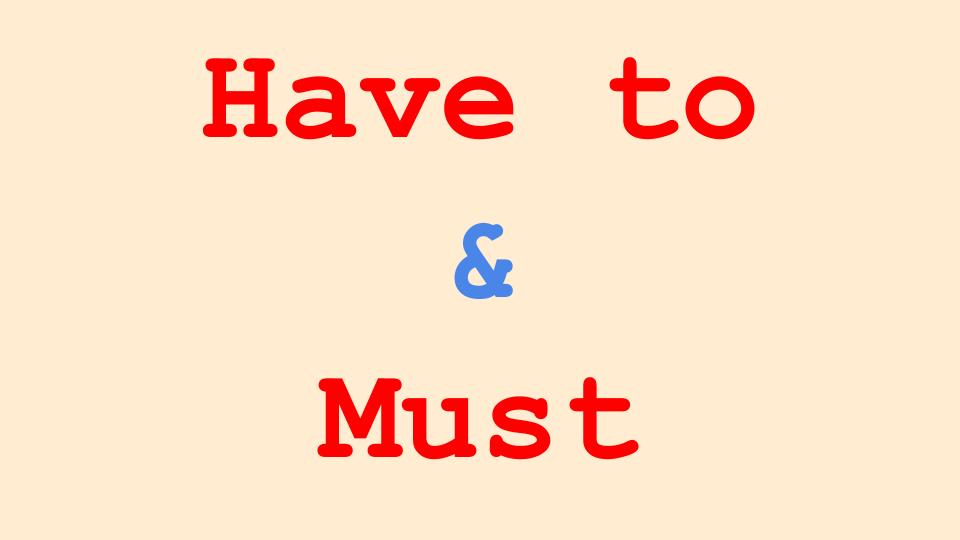



Modalnye Glagoly Have To Must V Grammatike Anglijskogo Yazyka



Must Can May Might Pokazyvaem Raznuyu Veroyatnost Sobytiya 1way To English Livejournal
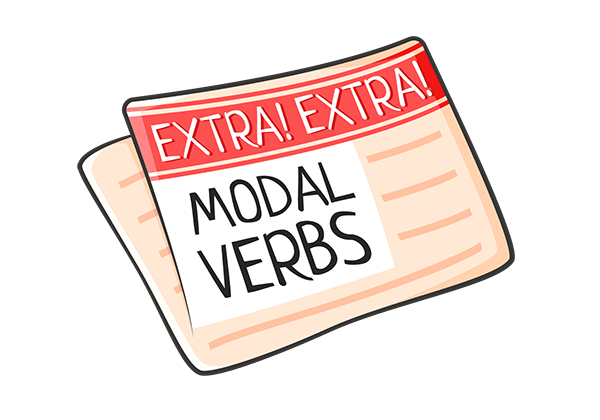



Modalnye Glagoly Pravila Ispolzovaniya I Primery Upotrebleniya Ingleks
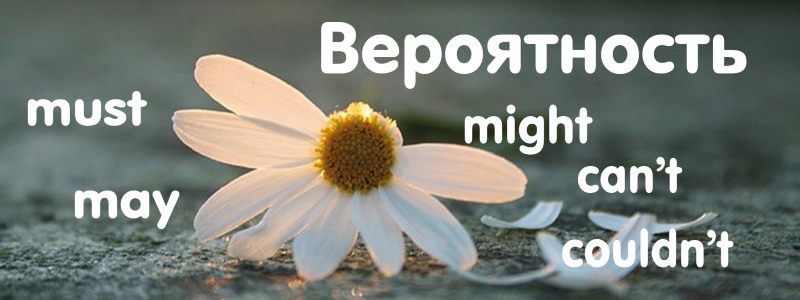



Must May Might Can T Veroyatnost I Predpolozhenie V Anglijskom Yazyke Pravilo
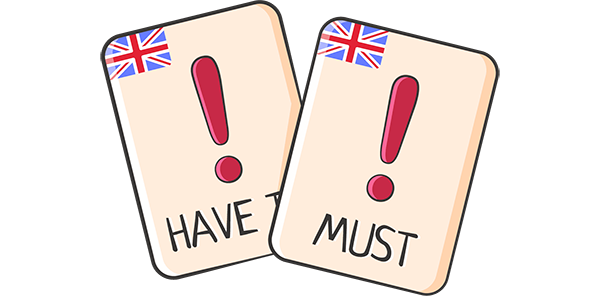



Modalnye Glagoly Must I Have To Pravila Upotrebleniya Ingleks




English Lives Here Konspekt Modalnye Glagoly Anglijskogo Yazyka Must Should Can Could May Might Ekvivalenty Modalnyh Glagolov Raznica Mezhdu Nimi Svodnaya Tablica Modalnyh Glagolov I Ih Ekvivalentov Pravila Upotrebleniya Perevod




Modalnye Glagoly V Anglijskom Yazyke V Tablice S Ekvivalentami




Modalnye Glagoly V Anglijskom Yazyke Pravila Osobennosti Primery Crown English Club




Modalnyj Glagol Must Pravilo I Primery Upotrebleniya V Anglijskom Yazyke Pomoshnik Dlya Shkolnikov Sprint Olimpik Ru




Modal Verbs Must Have To




Modalnyj Glagol Have To Anglijskij Po Skajpu V Onlajn Shkole Ienglish




Modalnyj Glagol Must Chto I Kak Im Mozhno Oboznachit Crown English Club
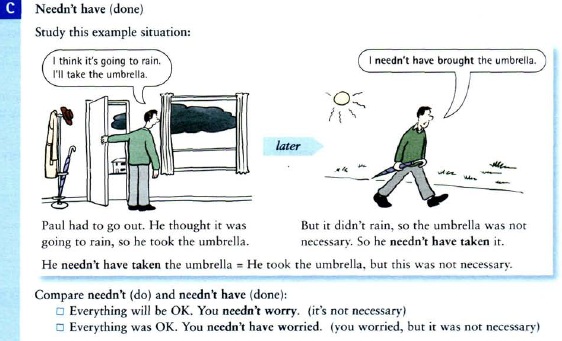



Modalnye Glagoly Must Mustn T Needn T Perevod I Pravila Upotrebleniya Ok English



Modalnye Glagoly V Anglijskom Yazyke Have To Can May Could
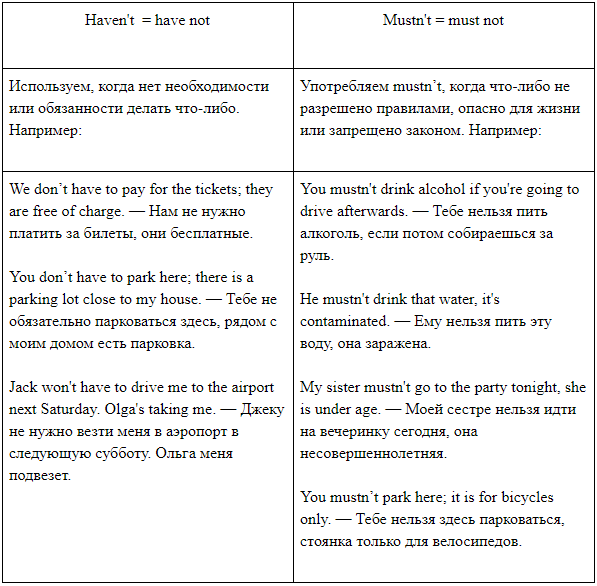



Chem Must Otlichaetsya Ot Have To




Prezentaciya K Uroku Anglijskogo Yazyka Modalnye Glagoly




Anglijskie Modalnye Glagoly Uprazhneniya Dlya Nachinayushih




Spisok Modalnyh Glagolov V Anglijskom Yazyke



Pro Modalnye Glagoly Na Urovne Advanced Elf English Ru




Modalnyj Glagol Must I Have To V Anglijskom Yazyke Raznica Pravila I Primery




Modalnye Glagoly Must Have To I Ought To Uchim Anglijskij Sami




Modal Verbs Prezentaciya Onlajn



Ispolzovanie Modalnyh Glagolov Dlya Vyrazheniya Vozmozhnosti Veroyatnosti Grammar Tei Com



Grammar Basic 1 Can Can T Must Mustn T Have To Don T Have To Medicinskij Anglijskij




Modalnyj Glagol Must Chto I Kak Im Mozhno Oboznachit Crown English Club


